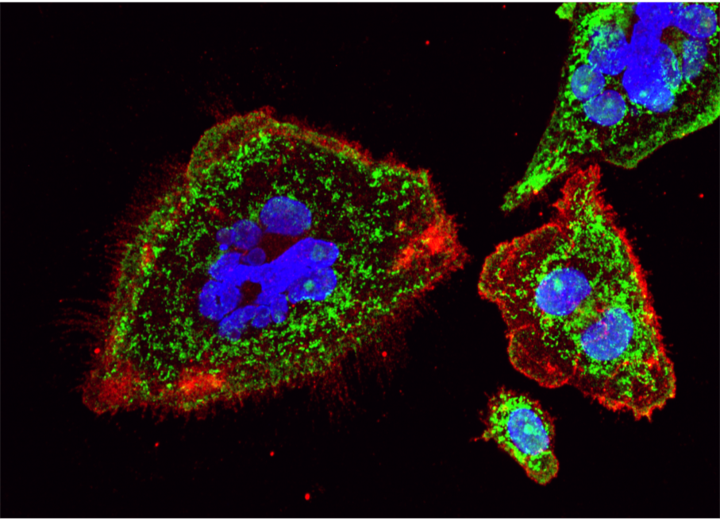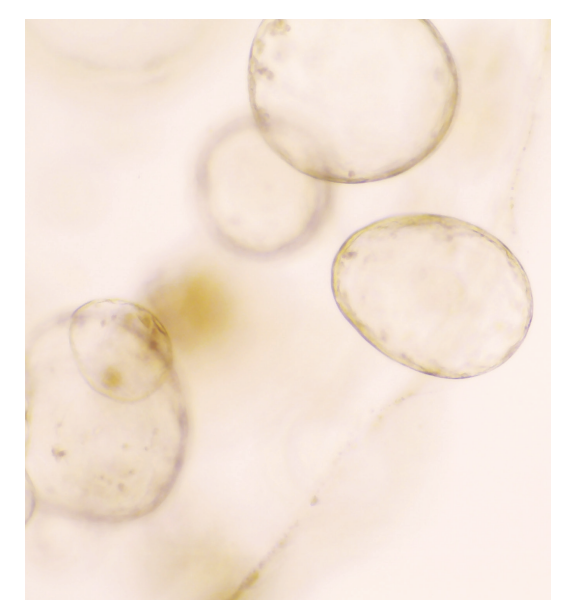Overview
Recent advances in cancer immunotherapy have yet to benefit patients with Acute Myeloid Leukaemia (AML). The basis of contemporary immunotherapy is that tumours elicit T-cell responses which they must then evade. Restoring or enhancing these responses is therefore a key therapeutic goal that is best exemplified by the success of immune checkpoint inhibitors. However, these approaches have not improved outcomes in AML, despite successful allogeneic stem cell transplantation demonstrating the curative potential of leukaemia-reactive T cells. Crucially, it remains unclear whether AML actually elicits robust autologous T-cell responses or whether it is simply not an immunogenic disease.
We have used mass cytometry to profile millions of T cells from hundreds of patients and are currently determining the ability of various leukaemia-associated populations to recognise cancer cells. This involves isolation of rare populations using fresh patient bone marrow, the application of T-cell receptor sequencing to determine clonality, co-culture with autologous leukaemia to establish reactivity and cytotoxic potential, and the use of tissue sections to study spatial localisation and physical association with cancer cells. The overall aim is to determine whether antigen-driven T-cell responses are common in AML and inform future studies to identify drivers of T-cell dysfunction and therapeutic strategies to promote anti-leukaemic immune responses.





